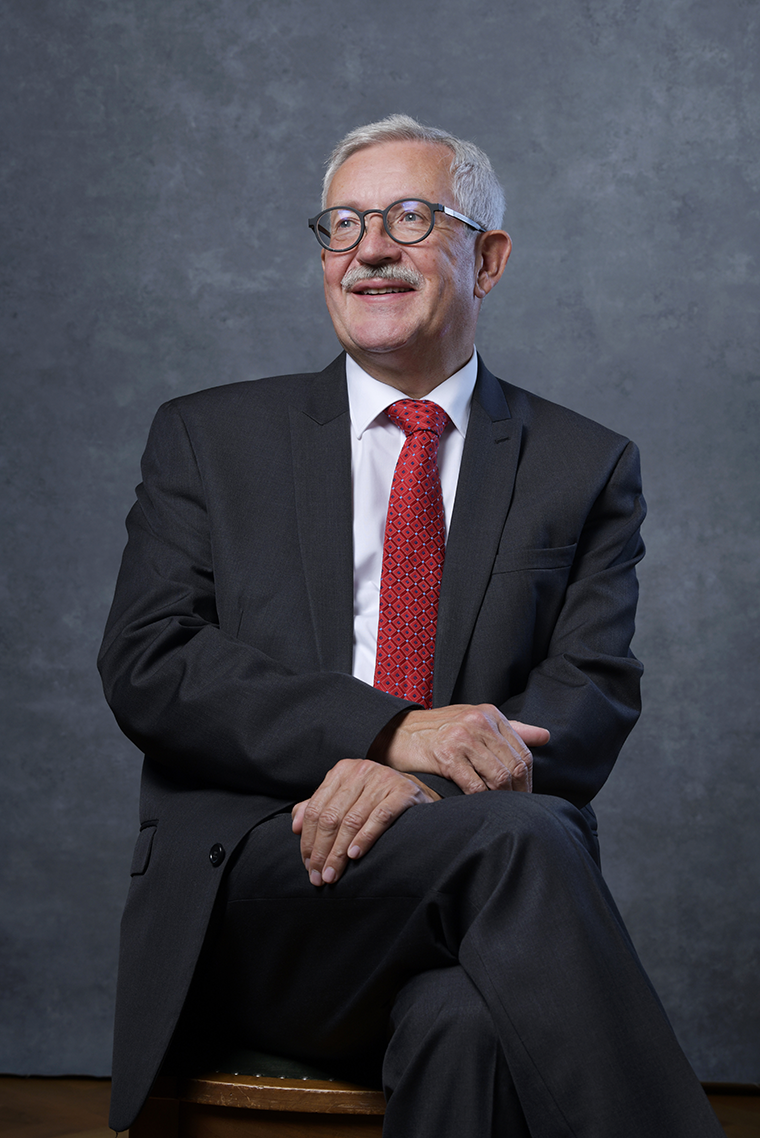Martin Dahinden
Former Swiss Ambassador to the US
FDFA
I was lucky to be able to work in a context that enabled me to do things I enjoyed doing. I am interested in culture, science, history, politics and many other topics. When I was an Ambassador, I tried to think of how we can tell stories about Switzerland beyond the stereotypes the country is known for, and found a series of Swiss people that invented fabulous concepts and objects including in the realm of cuisine. This links closely to communication and messaging more broadly: how do we tell the story of Switzerland, and what does Switzerland represent?
I am convinced that the society and economy of Switzerland is and will remain knowledge-based. This is what I tried to communicate to our partners in the US and in international organizations such as the UN, the World Bank and the International Monetary Fund. The future of our economy lies in activities linked to innovation and the creation of knowledge. This is in contrast to the traditional clichés of cows, chocolate and cheese. While research also happens in the private sector, institutions like ETH are absolutely essential.
The ETH Circle adds value because it goes beyond being an alumni network. I often met people who had never heard of ETH Zurich when I was abroad. To explain what ETH is, I often described it as the Swiss MIT. Of course, I would prefer it if people said they come from MIT, the American ETH – and this is what the ETH Circle should be working towards. If ETH was even better known, we would have more opportunities for cooperation at the top level, as well as other benefits.
The performance of ETH, as illustrated regularly in various university rankings, is excellent, and needs to be continued. I my view the reason is threefold: the openness in any respect, the international exposure, and the quality of research and education. It matters to go beyond narrow expertise and consider cultural and societal interactions, philosophical questions, and other fundamental issues. This is how we broaden and deepen our knowledge and our capacity to solve problems which ETH is doing in an exemplary manner. Innovation is important. It is not just about inventing something, it is about developing business models and becoming useful for society. Finally, providing affordable quality education, that gives graduates a solid grounding with plenty of substance, is the cornerstone of our country’s success.

Patricia Schramm

Mariko S. Bürgin
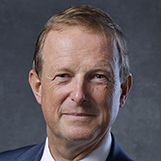
Christophe Gence
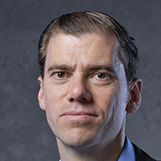
Adrian Krebs
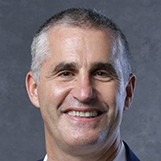
Felix Graf
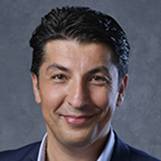
Garif Yalak
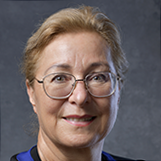
Jeannine Pilloud
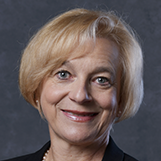
Kathrin Amacker
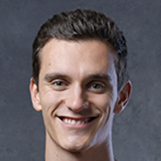
Luca Di Tizio
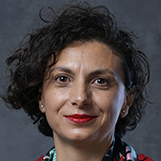
Margherita Fontana
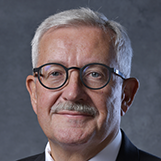
Martin Dahinden
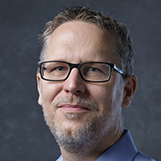
Matthias Bossardt
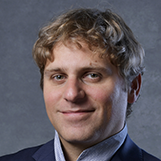
Pascal Kaufmann
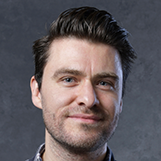
Philip Reichen
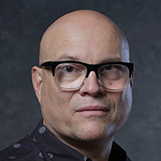
Lukas Fitze
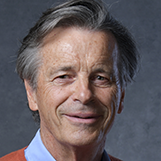
Hans Gut
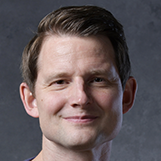
Fabian Unteregger
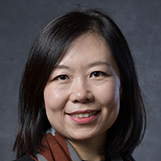
Mulan Sun Buschor
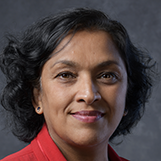
Shanthi Flynn
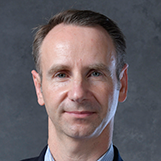
Patrick Anquetil
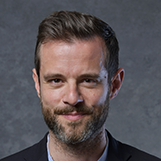
David Becker
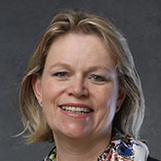
Anette Freytag
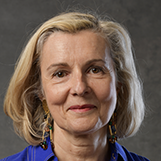
Francine Käch
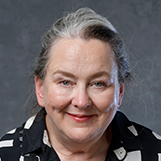
Susan Kish
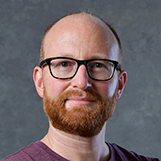
Daniel Naeff
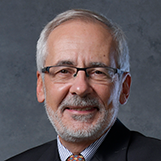
Daniel Schaufelberger
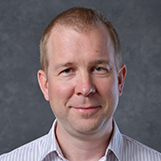
Felix Seidel Caprez
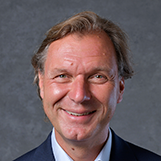
Ogi Stanovcic
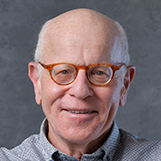
George Szpiro
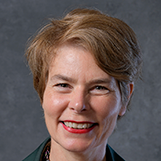
Cathrin Trebeljahr
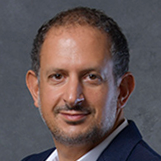
Philipp Rickenbacher
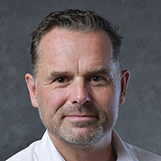
Martin Bosshardt

Nicoletta Piccolrovazzi
